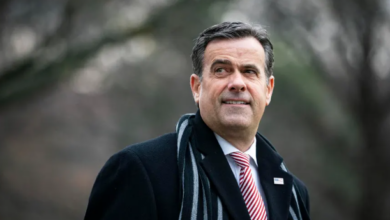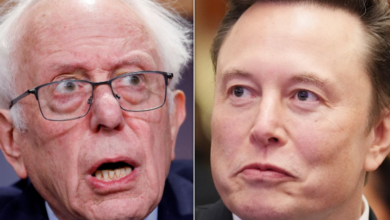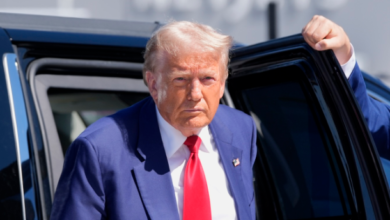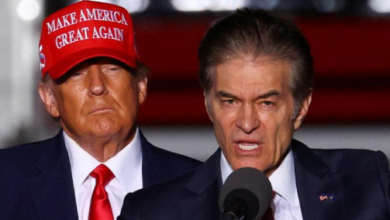D.C. Jurors Reveal Connections To Jan. 6 Law Enforcement In Oath Keepers Trial


WASHINGTON — By Wednesday evening, a Washington federal judge had approved around three dozen residents to potentially serve on the jury at the Oath Keepers’ seditious conspiracy trial, further winnowing the pool on the second day of court proceedings.
Elmer Stewart Rhodes and his four co-conspirators, all alleged members of the far-right group, are each facing up to 20 years behind bars for attempting to stop the peaceful transfer of power between then-President Donald Trump and President Joe Biden.
Through extensive questioning by attorneys and Judge Amit Mehta, the jury selection process has highlighted certain Washington residents’ close ties and enduring memories of the Jan. 6, 2021, attack on the Capitol.
One woman revealed that she knew one of the local police officers who killed himself after the riot. The events were “extremely heavy” for him, she said, recalling how a friend told her the Capitol riot was directly connected to the suicide. Yet she had family who supported former President Donald Trump, and believed she could fairly weigh the evidence presented at trial. Mehta declined to immediately strike her as attorneys for the defense requested.
Another potential juror said she was Facebook friends with Harry Dunn, the Capitol Police officer who testified at the House select committee’s hearings and even shed tears upon seeing footage of the violence.
Social media was key to others’ dismissal. Mehta struck one man from the list after it emerged that he had liked a number of tweets critical of MAGA Republicans, including some from the Lincoln Project.
“At the end of the day, whatever the outcome of this case is, it’s going to have to stand up to public scrutiny,” Mehta told the courtroom.
At various points, he gave insight into his rationale: It was not automatically disqualifying to know a potential witness, like Dunn, he said, and whether or not someone is too traumatized by the events of Jan. 6 can be determined by how emotional they seem while answering questions about it.
One man referred to the events of Jan. 6 as an “insurrection” and said he considered it antidemocratic, but Mehta reasoned that the man was capable of serving fairly because of past experience — the man once served on a murder trial where the jury acquitted the defendant.
Several potential jurors stated outright that they had friends or family who supported Trump, and they respected the right of others to hold different political opinions. Some did not indicate they knew any Trump supporters but nevertheless thought people were entitled to their own beliefs.
The trial will require 12 jurors to serve on the panel, with four alternates. Prosecutors and attorneys for the defense will each have a chance to veto individual jurors in the coming days to narrow the pool even more.
Opening statements are presently expected to begin early next week, and the trial might stretch into November.
The stakes are high for the Justice Department. If successful, their case will underscore the assertion that the events of Jan. 6 were a direct threat to American democracy and bolster their cases in the two other seditious conspiracy trials slated to begin later this year.
[ad_2]
Source link





